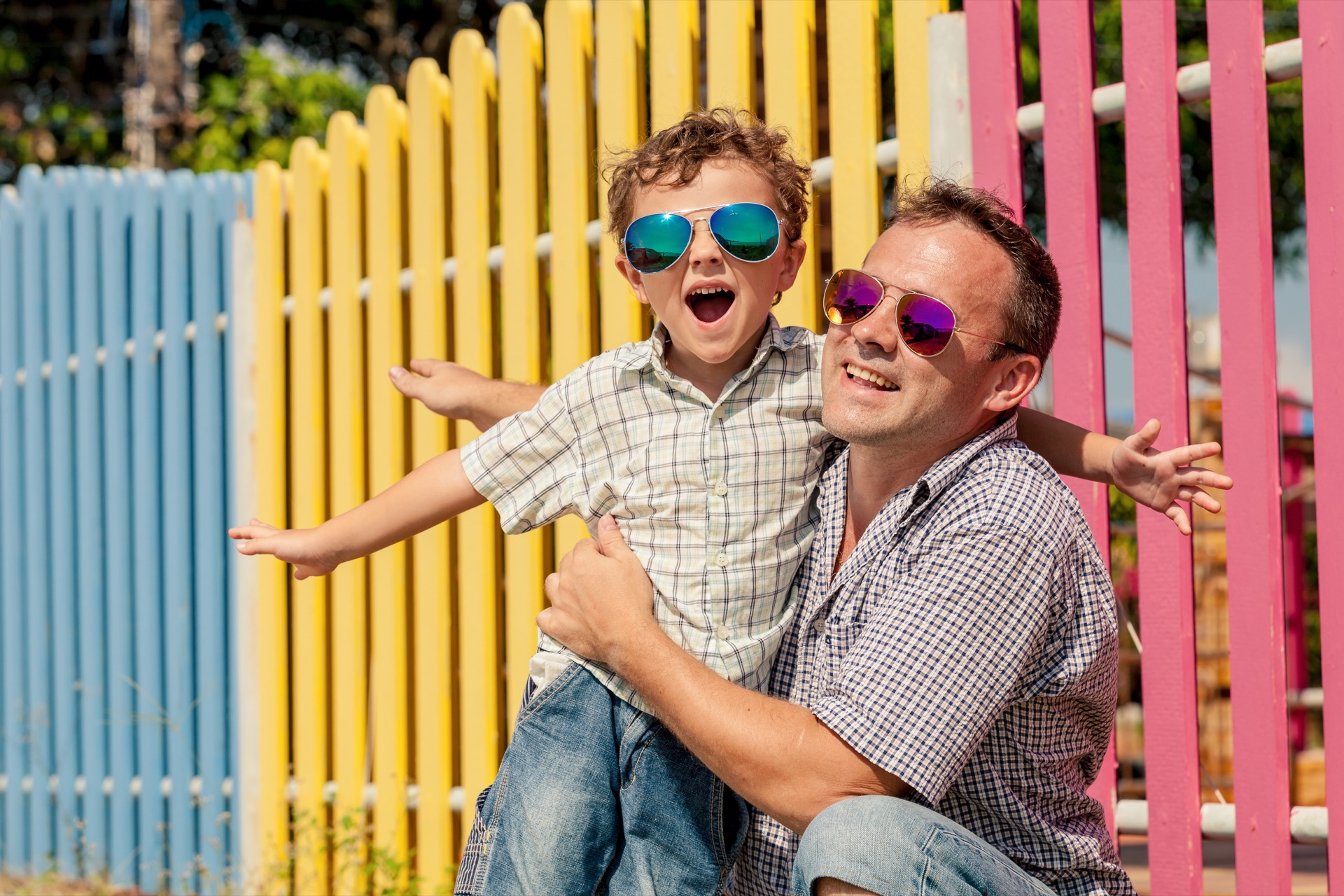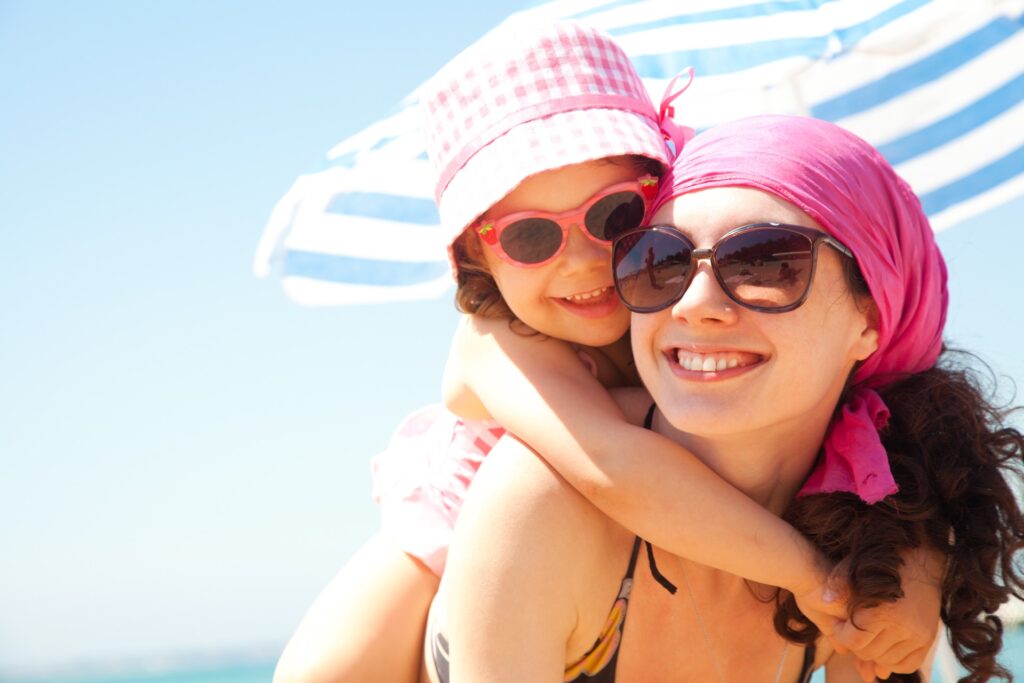It’s highly likely you already know that ultraviolet (UV) rays from the sun can damage your skin through sunburns, but you may not know that the same UV radiation can also cause damage to your eyes. Without the proper protection, these rays from the sun can cause issues like cataracts, macular degeneration, pingueculae, pterygia, and even photokeratitis. That’s why it’s important to buy the right kind of children’s sunglasses for your kids and the proper sunglasses for yourself too to protect your vision.
Below are the most important things to know for getting the right sunglasses to properly protect your eyes and the eyes of your kids too.
What Makes You More Susceptible to UV Radiation?
UV rays are unavoidable as soon as you walk outdoors, but that’s no reason to worry. The actual dose you get of UV radiation will depend on a variety of factors:
- Where you’re located – The closer to the equator you are, the more exposure you’ll get to UV rays.
- Altitude – Because there’s less protection from the atmosphere you’re more likely to have greater UV exposure.
- What time of day it is – Typically, when the sun is highest in the sky (between 10 am and 2 pm) is when you’ll get the most UV exposure.
- The surrounding landscape – Open areas with reflective surfaces like snow or sand can reflect UV rays in higher concentrations.
- Taking certain medications – Specific medications like tetracycline, diuretics, and others can make your body more susceptible to UV radiation.
 What to Look for In Adult and Children’s Sunglasses
What to Look for In Adult and Children’s Sunglasses
Taking all of the primary factors into account, wearing the appropriate sunscreen and applying it as needed when it wears off can greatly reduce any serious worries about skin health, but what about your eyes?
When it comes to both adult’s and children’s sunglasses, not all of them are created equal. Many sunglasses don’t actually offer 100% UV protection.
When looking for sunglasses to buy, look for a label that says “100% protection against both UVA and UVB” or “100% protection against UV 400.” Both indicate that they block out the sun’s harmful UV rays fully. If they don’t have some indication of UV protection like this, pass on them since they probably don’t offer any significant protection.
If you have a pair of sunglasses you or your kids love but aren’t sure how much protection they offer take them to your optometrist. They can test them to see how much protection they actually offer with the tools and equipment they have available.
Also, to ensure your children get the most protection, make sure they are wearing their sunglasses in the shade too. Although you may be protected from the direct sun’s rays, UV rays can still reflect off nearby structures and the landscape, especially snow.
By getting the right sunglasses for you and your kids, you help protect both their eyes and yours from any serious future eye issues.

